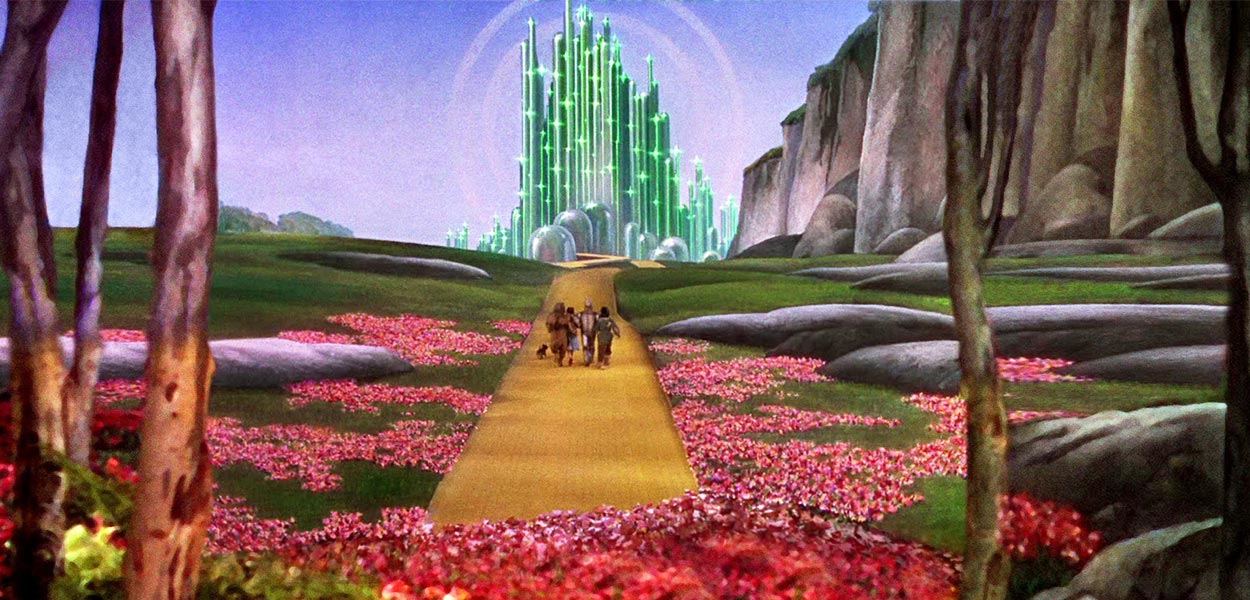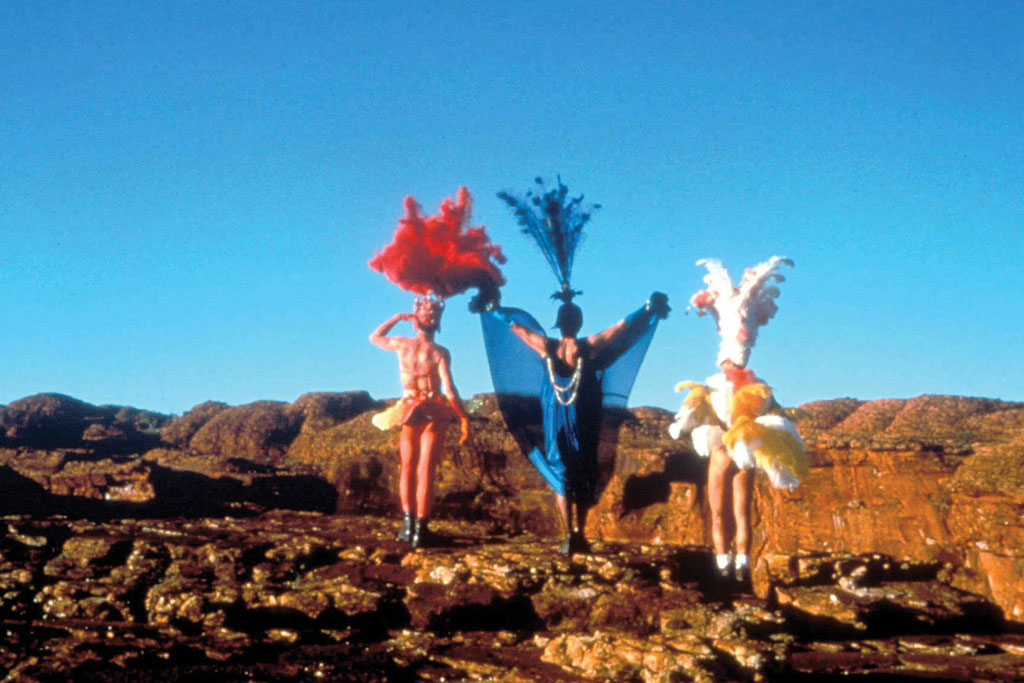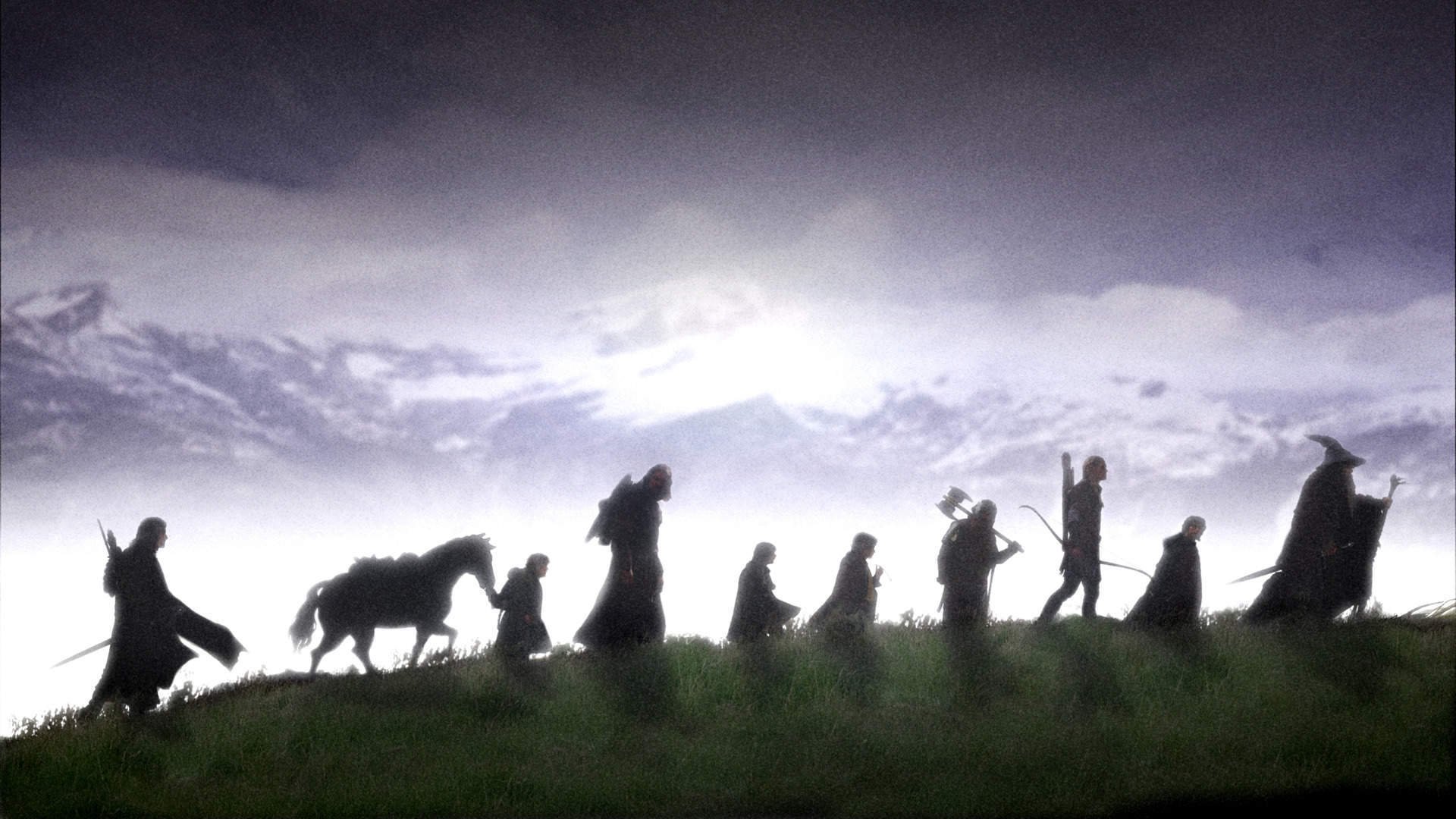Why do we have so many movies about leaving home to travel? Never thought we did? Read on…

It’s a uniquely American phenomenon. As a nation and a people America grew up protected, sheltered and isolated throughout most of their history. It explains the derision with which many cultures around the world consider America even now, one where Americans can’t understand how everywhere isn’t like their country or everyone doesn’t adhere to their way of life.
The Second World War was the watershed moment in American history and the event that installed America firmly at the centre of the world stage. For the first time, each country or region of the world was stacked up against the other; technologically, culturally and socially.
Of all the disparate government, commercial and civic systems, those of America conquered the known world through military force or pop culture ideology. America won the Second World War more or less effortlessly thanks to military and technological superiority, and all the while, its people (particularly young men) saw a world where people spoke funny and had strange customs.
As so many Americans were exposed not just to the rest of the world but their own self-image measured against it, it was the birth of the mass tourism era and gave rise to the notion of leaving the same haven of your home to see people going about their lives in a way that wasn’t familiar.
With so many Americans born into small rural towns, it became a cultural rite of passage to wave goodbye to your crying Mom and Pop at the front gate of the farm, your meagre belongings wrapped in a handkerchief and tied to a stick over your shoulder, and see the world.

It’s a motif about being born one of the crowd and then leaving the nest to become an individual. It became a powerful facet of the American-self image, the polar opposite to the society-first-individual-later ethos of socialism, and it’s a view that’s now universal, from grey nomads to millions of university gap years.
Seeing the world promised adventure, danger, thrills, romance, intrigue; everything the GIs in the war had, but with none of the suffering, sickness, horrific injury or premature death.
As Hollywood continued to cement its place at the pinnacle of global culture in the post-war period, the desire to see the world seeped into the movies. With the values and aspirations of Middle American culture broadcast over the globe in the ensuing decades, love for The Road became an instantly recognisable cultural fixture. It’s also no coincidence America fell so wholeheartedly in love with the automobile, despite it originating in Europe.
The most visible early manifestation of love for The Road in the post-studio era was Easy Rider. With little plot or narrative, the entire point of the movie was of the youth of America taking to the road to see the world around them.
Since then, it’s been a constant in Hollywood (and as a result, global) cinema. How many films set up a homeland we’ve never seen before but where we can relate to the young hero, bored of their mundane existence and dreaming of taking to The Road?
So whether it’s drab, grey old Kansas (The Wizard of Oz) or the Lars moisture farm on the other side of Mos Eisley (Star Wars), we’ve been there. We grew up there, and we feel both Dorothy and Luke Skywalker’s frustration at being young and wanting bigger things than parents, Uncle Owen or Aunty Em. Like Dorothy and Luke, we wanted to see the world.

The Muppet Movie (1979) features Kermit and Fozzie singing a song praising the virtues of the Road. Priscilla, Queen of the Desert (1994) was a contemporary, socio-political Australian take on the idea. The Motorcycle Diaries (2004) was about Che Guevara’s development as a revolutionary, inspired by what he saw on his travels. And what else are films from Close Encounters of the Third Kind (1977) to Lord of the Rings: The Fellowship of the Ring (2001) about if not for leaving one’s humble origins and seeing all the exotic and wonderful sights the world has to offer, even if the trip is fraught with peril? Indeed, if it weren’t fraught with peril there’d be no story.
If the Mayflower had never landed at Plymouth Rock, Massachusetts, movies today might be about locking the door, staying inside and living out your years in peace in your rocking chair, nervously checking out the window for barbarian hordes spilling over the hill from a neighbouring European enclave.
Instead, they’re about a safe haven where your safety in the world isn’t assured but where it’s yours for the taking, just waiting for you to discover it. All you have to do is open your front door, pack your meagre belongings and sense of adventure, and take to the Road…
Subscribe to FIB’s Weekly Alchemy Report for your weekly dose of music, fashion and pop culture news!






